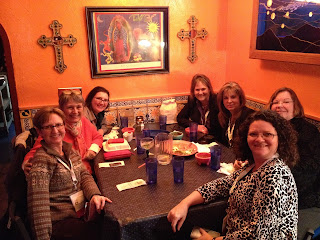Attend the Salt Lake Institute in 2016 and learn how to solve them like a professional!
Students for this course do not have to be professional genealogists or have any desire to be so. The lessons learned will be applicable to all research problems, during any time or place."[1]
Michael's course is filling up, so register now! With only eight courses left with seats remaining, now is the time to register. For more information, see http://www.infouga.org/aem.php?lv=p&epg=87. More information on Michael can be found on his website: http://haitfamilyresearch.com/index.htm.
[1] Michael Hait, "Upcoming educational opportunities you can't miss!," Planting the Seeds blog, posted 17 June 2015 (https://michaelhait.wordpress.com : accessed 27 August 2015).








